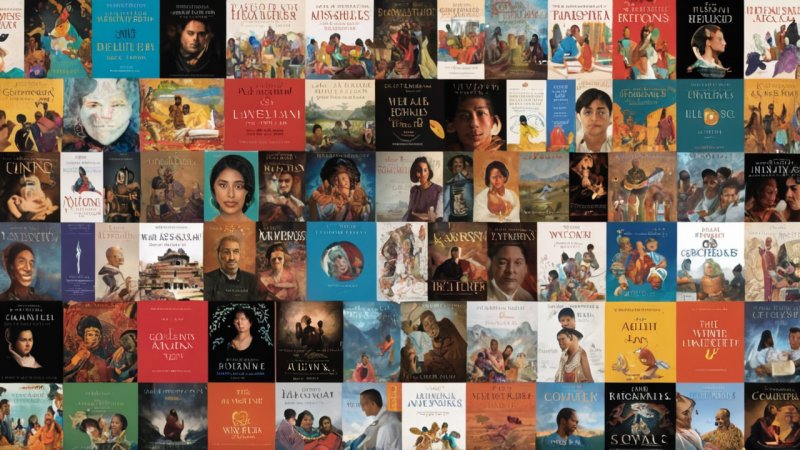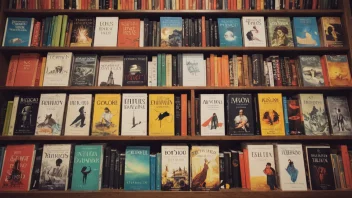In the world of literature, international bestsellers often capture the attention of readers and critics alike. These books, which gain immense popularity across borders, can significantly influence local literature and the reading habits of diverse communities. Understanding the impact of these global phenomena on local literary landscapes is essential for both readers and writers.
International bestsellers, such as novels by authors like J.K. Rowling, Dan Brown, and Chimamanda Ngozi Adichie, have transcended cultural and geographical barriers. Their stories resonate with themes that are universally appealing, such as love, conflict, and the quest for identity. These books often become touchstones for readers, creating a shared literary experience that can inspire local writers to explore similar themes in their own works.
One of the most significant effects of international bestsellers on local literature is the shift in reader expectations. As readers are exposed to global narratives, they begin to seek similar depth and complexity in local works. This can push local authors to raise their storytelling standards, incorporating diverse genres and innovative styles. For example, the rise of fantasy novels worldwide has led to a surge in local authors crafting their own fantastical worlds, drawing inspiration from both global bestsellers and their cultural heritage.
Moreover, international bestsellers can also introduce local readers to different literary traditions and styles. Books translated into various languages often include extensive notes or appendices that explain cultural references, thereby educating readers about the world beyond their own. This exposure can lead to a greater appreciation of literature from other countries, potentially increasing interest in reading foreign authors and exploring their local literary scenes.
However, the influence of international bestsellers is not without its challenges. There can be a tendency for local literature to be overshadowed by these global giants, leading to a homogenization of literary tastes. Readers may gravitate towards what's popular rather than exploring the rich tapestry of local voices that exist within their own countries. This can stifle the growth of local literary culture, as emerging authors struggle to gain recognition in a market dominated by international titles.
In addition, the publishing industry often prioritizes bestsellers, which can result in a lack of diversity in the types of stories being promoted. Local authors may find it difficult to secure publishing deals if their narratives do not align with the trends set by international successes. This can undermine the unique stories that need to be told within specific cultural contexts.
In conclusion, while international bestsellers undeniably have a profound impact on local literature, it is essential to maintain a balance. Readers should be encouraged to appreciate both global and local narratives, recognizing the value each brings to the literary world. By fostering a love for diverse stories, readers can help ensure that local literature thrives alongside its international counterparts, creating a rich and dynamic literary culture.






